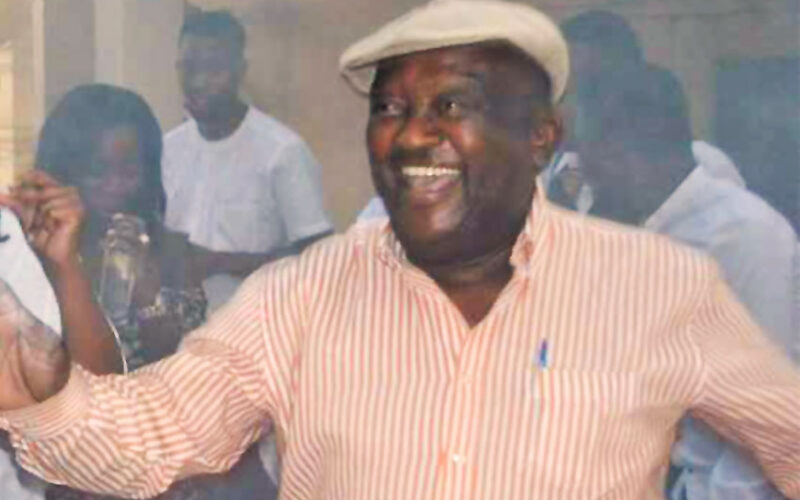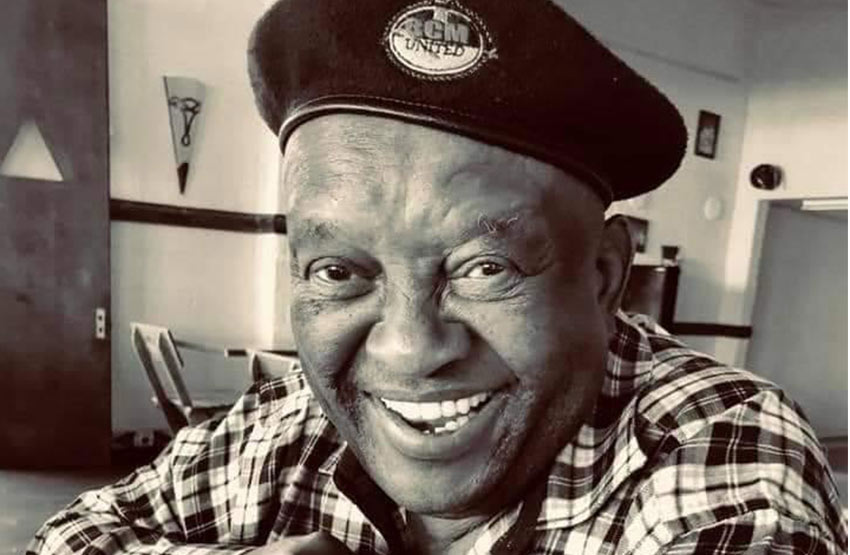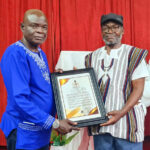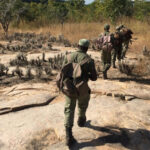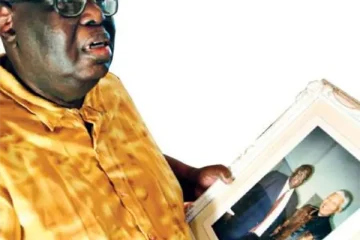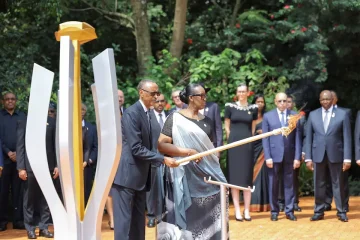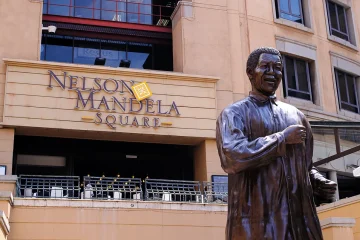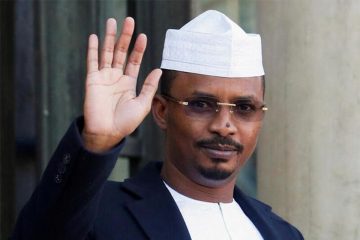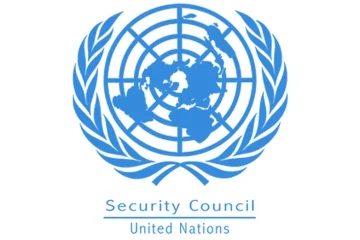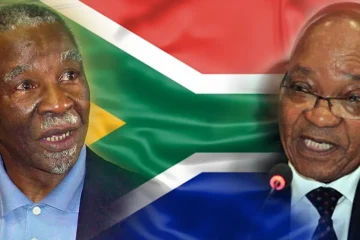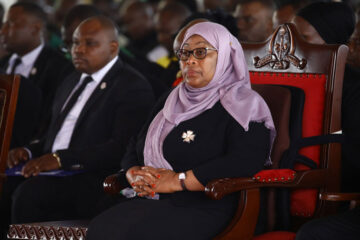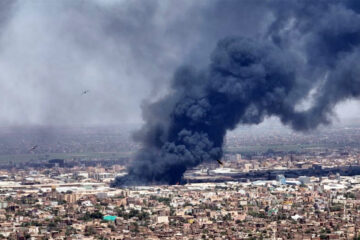MATHATHA TSEDU
ON April 6, 1991, a guerrilla unit of the Azanian National Liberation Army (Azanla), the armed wing of the then exiled Black Consciousness Movement of Azania (BCMA), was in a house in Mahwelereng township in Limpopo when police and army forces surrounded them.
A shootout ensued during which a number of cops were killed. One of the unit members was Thabang Mothlodisi, a Polokwane-based trade unionist who hailed from Maokeng township in Kroonstad, whilst the other was Ronald Mashapu Malatji.
Motlhodisi, known as “Cobra”, came out of the surrounded house with a grenade without the pin. A policeman who tried to apprehend him died in the explosion that also killed “Cobra”.
At his funeral in Maokeng, members of the BCM had travelled from far and near to give “Cobra” a fitting funeral. Members of his platoon that had trained with him Libya, amongst other places, were also there, led by General Japhta Pitso in the military honours drill.
It was an occasion that needed the Azanian People’s Organisation (Azapo) to step forward and provide leadership. And everyone knew that for that occasion, Maitshwe Nchaupe Aubrey Mokoape, otherwise known as “Mshiniwam”, was the man. An orator of note, with a razor sharp mind and a quick rejoinder in any debate, Nchaupe did not disappoint.
Starting off with his signal tune of “Mshini Wam” (this was long before that revolutionary song calling for guns to liberate the oppressed was misappropriated by the crooner from Nkandla).
In paying tribute at the filled Maokeng stadium, an area that was once ruled by the notorious “Three Million” gang, Nchaupe said “Cobra” and Malatji were heroes who had lived the “BC credo of no retreat, and no surrender. Like his leader Steve Biko, Cobra and Malatji would rather die than give themselves to the enemy because they knew that even the way you die can help mobilise people to join the struggle.
“That is because in this movement, si saine nge gazi. (We signed and joined this movement with our blood).”
It was significant that Nchaupe was speaking like that, because the security police from Pietersburg were in attendance with a hooded man that was supposed to point out Azanla guerrillas. In that emotion-filled stadium, full of defiance and militancy, Nchaupe rose to the occasion and delivered a truly fitting eulogy to the young man who had given his all.
And for those of us who knew him, it was not a surprise, it was vintage Nchaupe, who had cut his teeth in the Pan Africanist Congress of Azania where he marched and was arrested as a 16 year old, alongside Robert Sobukwe in the anti-pass campaign of March 21 1960, which led to the Sharpeville Massacre.
Nchaupe died this past weekend of Covid-19. A doctor by profession, he had been part of the group of young intellectually-gifted, well-read and ideologically clear minds that formed the South African Students Organisation (SASO). The group included Steve Biko, Barney Pityana, Mamphela Ramphele, Debs Matshoba, Strini Moodley, Saths Cooper, Harry Nengwekhulu, Muntu Myeza, Nkwenkwe Nkomo, Goolam Abram Mayet, Chapman Palweni and Joel Çhina Matsipa.
He was born on September 6, 1944 in Orlando and matriculated at Orlando High School. Having embraced Black Consciousness, Nchaupe never lost his Pan Africanist grounding, and ensured that SASO started the tradition of commemorating the Sharpeville Massacre as Heroes Day.
A man of varied and wide interests, he ensured that the first such commemoration, as Ramphele remembered during the virtual commemoration this week, was a novelty which included Malombo Jazz Band and a staged drama by SASO activists.
When SASO decided to form a political home for non-students, Nchaupe was elected to the Ad hoc committee to prepare for the launch of what became the Black People’s Convention (BPC), where he served with luminaries such as Kalushi Drake Koka and Fanyana Mazibuko.
He was amongst the eight black students and SASO leaders that were banned in 1973, as the apartheid government started realising that although SASO espoused a black only political position, it was not the same as their tribal politics of bantustans. Nchaupe was in his last medical studies year. When the Portuguese colonial system collapsed in 1974 and Frelimo took over Mozambique, SASO organised what came to be known as the Viva Frelimo rallies in September 1974 which led to a swoop on the BC leadership, including Nchaupe.
They were charged in 1975 and Nchaupe served six years on Robben Island with Cooper, Myeza, Mosioua Lekota, Nkomo, Pandelani Nefolovhodwe, Kaborone Sedibe, Zithulele Cindi, and Moodley. The SA Medical and Dental Council stripped him of his medical doctor status for the period when he was in prison and it was only restored in 1983, a year after his release and even then following a court battle in which he was defended by Ismail Mohamed who went to become the Chief Justice after 1994, and Dikgang Moseneke, who became Deputy Chief Justice of the Constitutional Court.
Nchaupe was a member of Azapo but when the organisation suffered a number of splits, he ended up as a member of the BCM United (BCMU), a structure that was trying to unite the different BC strands. He was a fierce opponent of the Codesa negotiations process inside the country, insisting that they should be held outside and under a neutral chair.
He argued that the land dispossession of black people had to be redressed and that the Codesa outcome left both the land and economic muscles in colonial hands. He was amongst the people within Azapo who led the case against the Truth Commission, arguing that the commission was a white wash of colonial crimes and that instead trials and justice should be the way to go. That case was dismissed by the Constitutional Court.
Nchaupe will be laid to rest in Durban on January 01 and leaves his wife, Pomla Gwen Mokoape, five daughters and a son, and a brother, Retired General Keith Mokoape.

